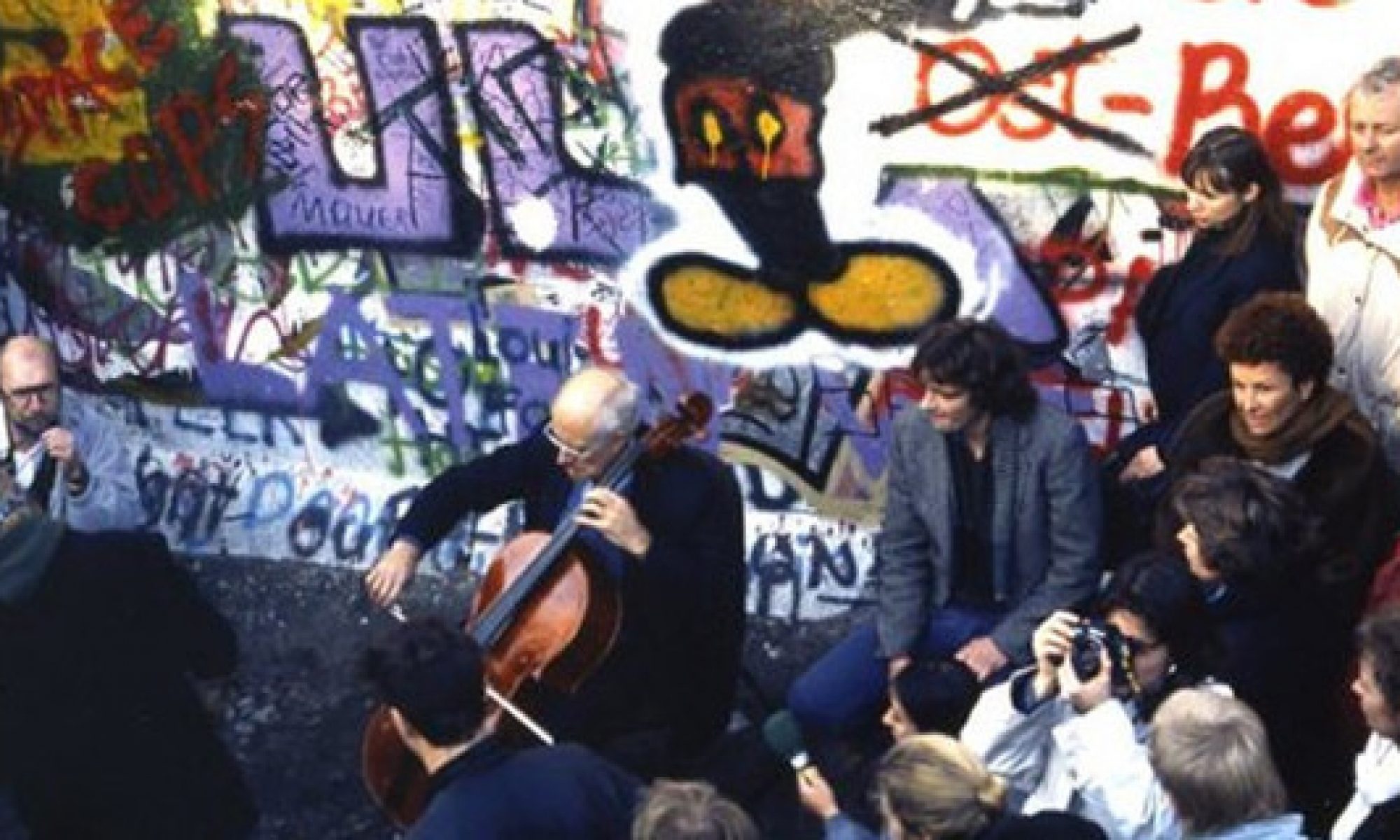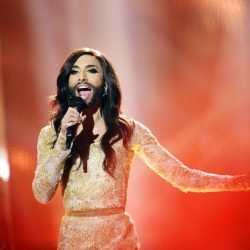In the late 2011s to 2012, Post-Soviet Russia was filled with protests. These protests mainly seemed to be surrounding Putin, but also authoritarianism and the patriarchy and more. People dreamt of a new, better Russia than the current one and some dreamed of leaving Russia for some place better. When Putin sought to be re-re-elected after a four year gap, many people were upset. This type of reaction to Putin was not always the case like the song “A Man like Putin” shows, nonetheless it appeared people were not thrilled to have him back. As we have seen in class punk music is often the genre of music for protesting and this appeared to have still been the case in Russia. During this time period, a performing protest group emerged called Pussy Riot. It is debated on whether or not to call them a protest group necessarily, but that dives into the issue of authenticity and who has the right to declare something authentic. Pussy Riot sought to perform in very public places and record their performances so that they can upload their art for more people to see it. They sang against Putin and the patriarchy (and his connection to the church), pushing how men have seemed to dominate their country, as well as for the rights of gays and women. They sang loud, proud, face covered, bright-colored, and publicly. They performed on garage/jail house roofs to the Red Square to the Cathedral of Christ the Savior. Sometimes they were able to escape, sometimes they got reprimanded in varying degrees. The worse was after the performance in the church that resulted in three of the five remaining Pussy Riots in jail. Now for two of these three, they were released early from their two year sentence. It appears that they continued to perform as we can tell by “Chaika” that came out in 2016. However, this video strays greatly from their normal ascetic of visual art, as well as the music itself is much longer.
- Is Pussy Riot a punk band? What would make them a punk band and does anyone have the right to declare them one way or the other?
- In their song, “Death to Jails, Freedom to Protests,” they say that freedom is to the protests. Why are they saying this? What do you think it means?
- In “Words Will Break Cement” the author writes that this performance was not that successful. What are your thoughts on their approach?
- What are your thoughts on the videos of the Pussy Riots? Like the fact that the audio is pre-recorded.
- For some of the Pussy Riot’s performances the Russian police was seen ripping the masks off of the girls, beating them, etc. What does this show of the police force? Of the state of Russia?
- The Pussy Riots wore bright colors, masks, and danced in outrages styles throughout most of their performances. What is your take on their style and why they might have done this?
- What do the different songs show about Russia and its progression through time?
- In the video, “Punk Prayer,” one of the girls can be seen on her knees, praying, and crossing herself, (0.04, 0.15, 0.53). What is the significance of this? What is the significance of showing the church at the end? Why would they write a song praying to God for Putin to be taken away?
- Some of the things that are cheered for in the protests are feminists and LGBTs. What is your take on this?
- In “Russia, I’m a Patriot,” the characters in the video all appear to be dressed provocatively while wearing proper headdresses. What do you think is meant behind the costume work in this video?

